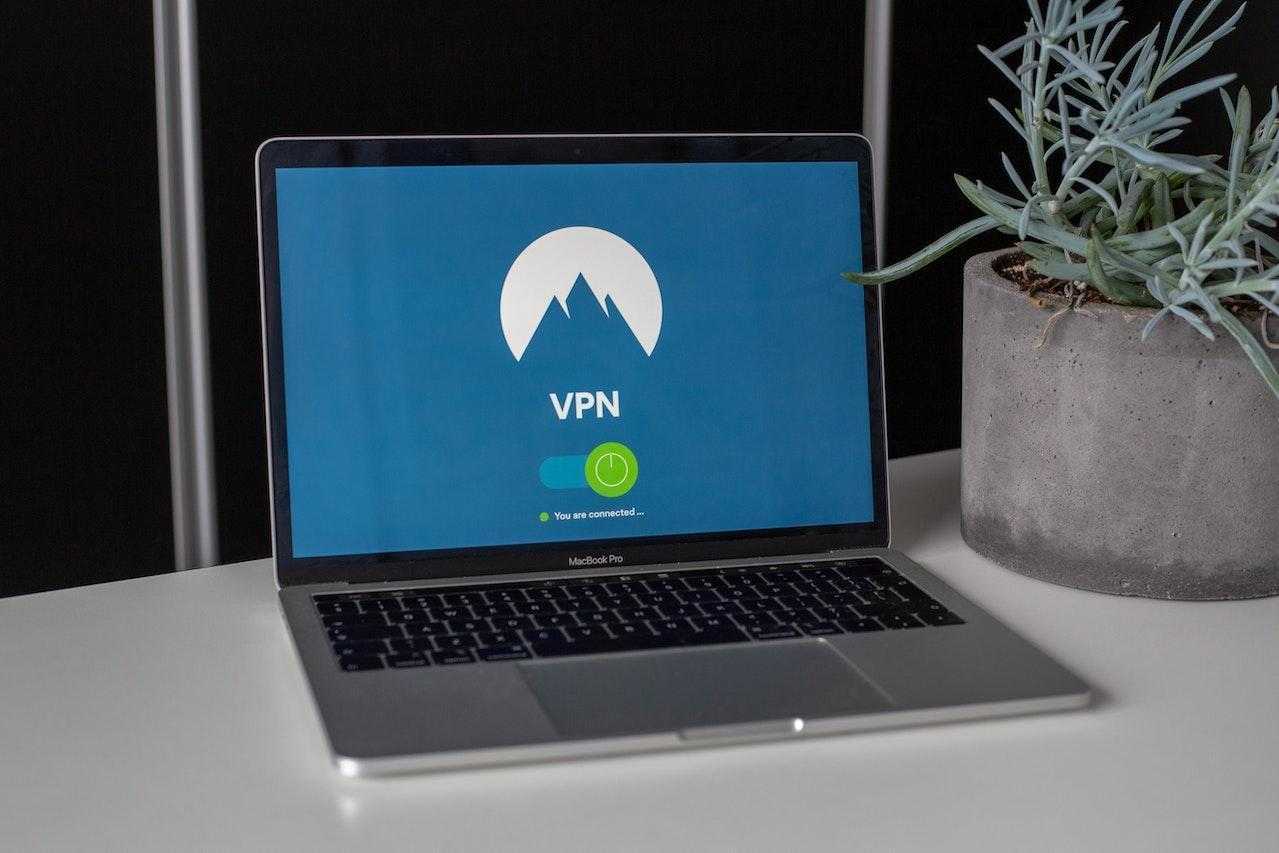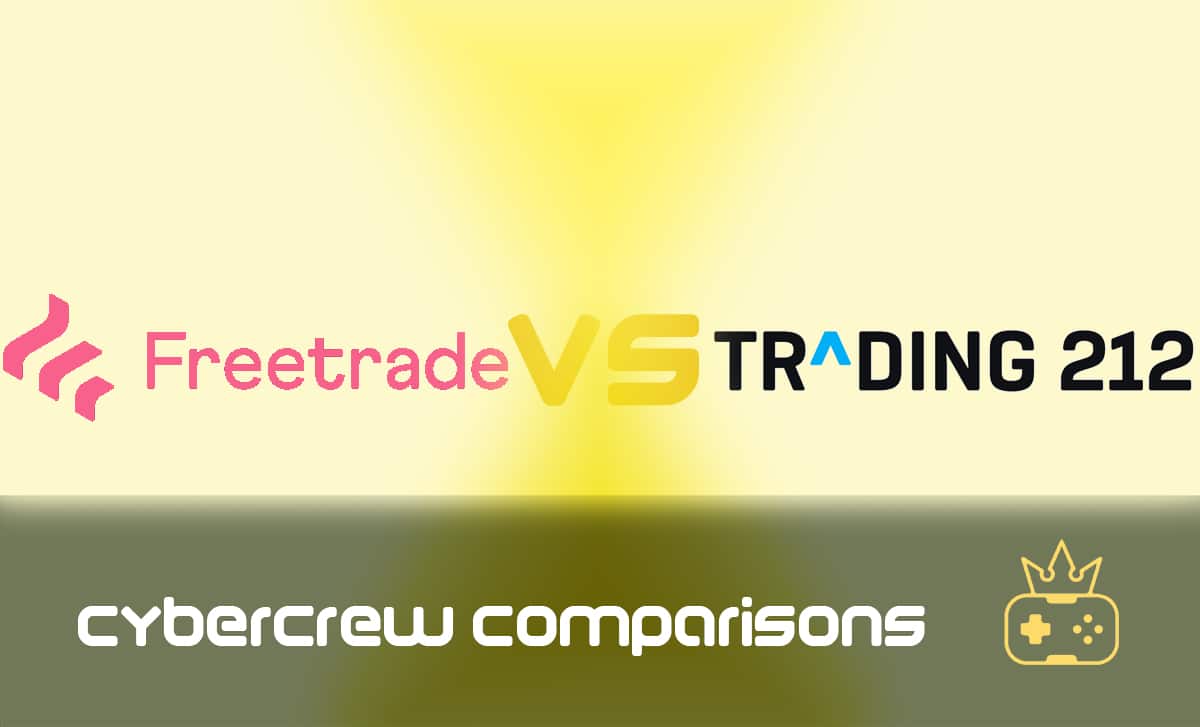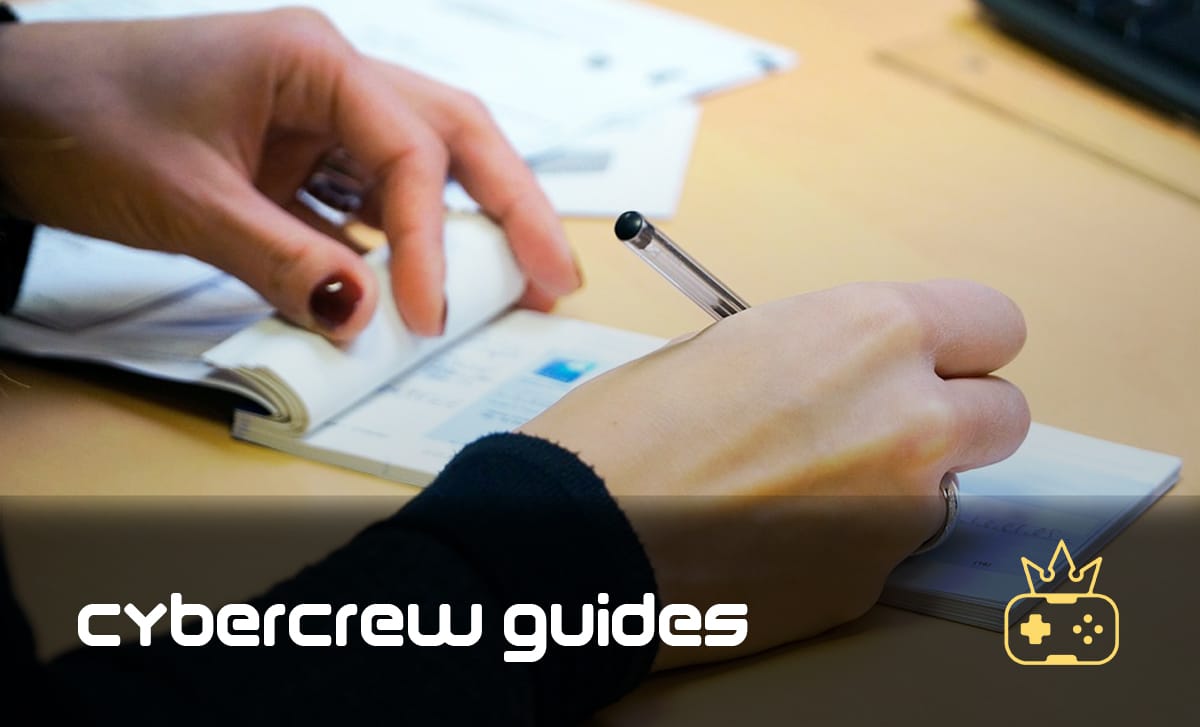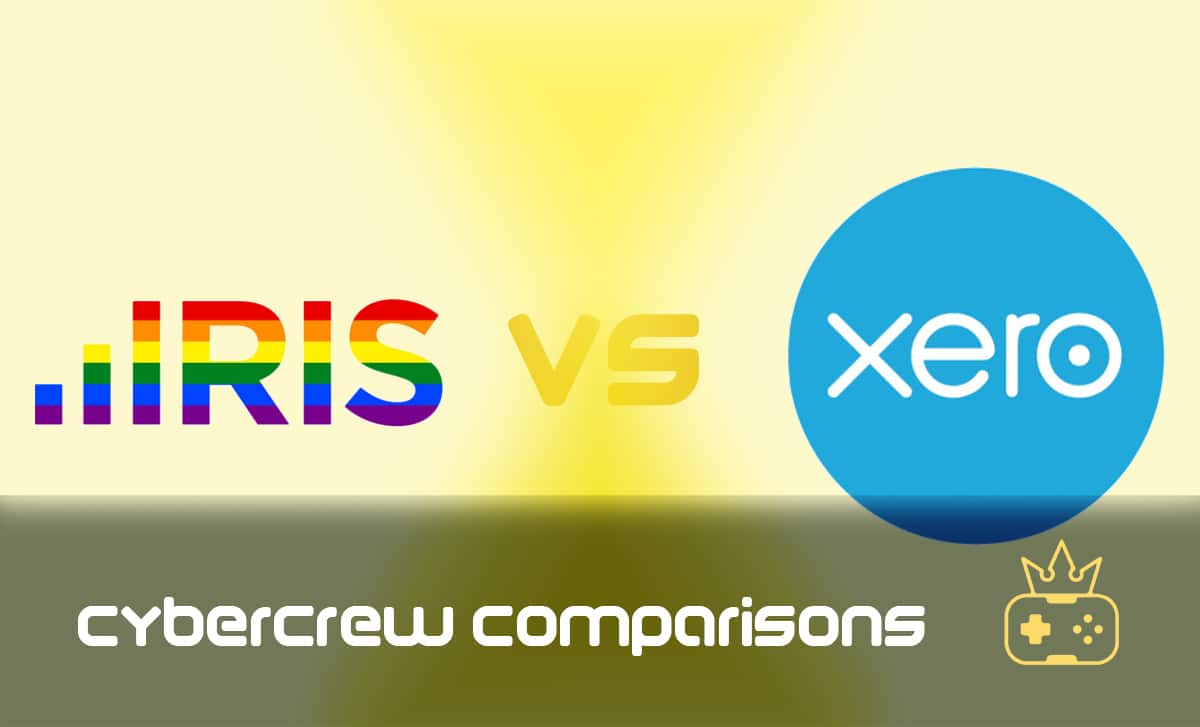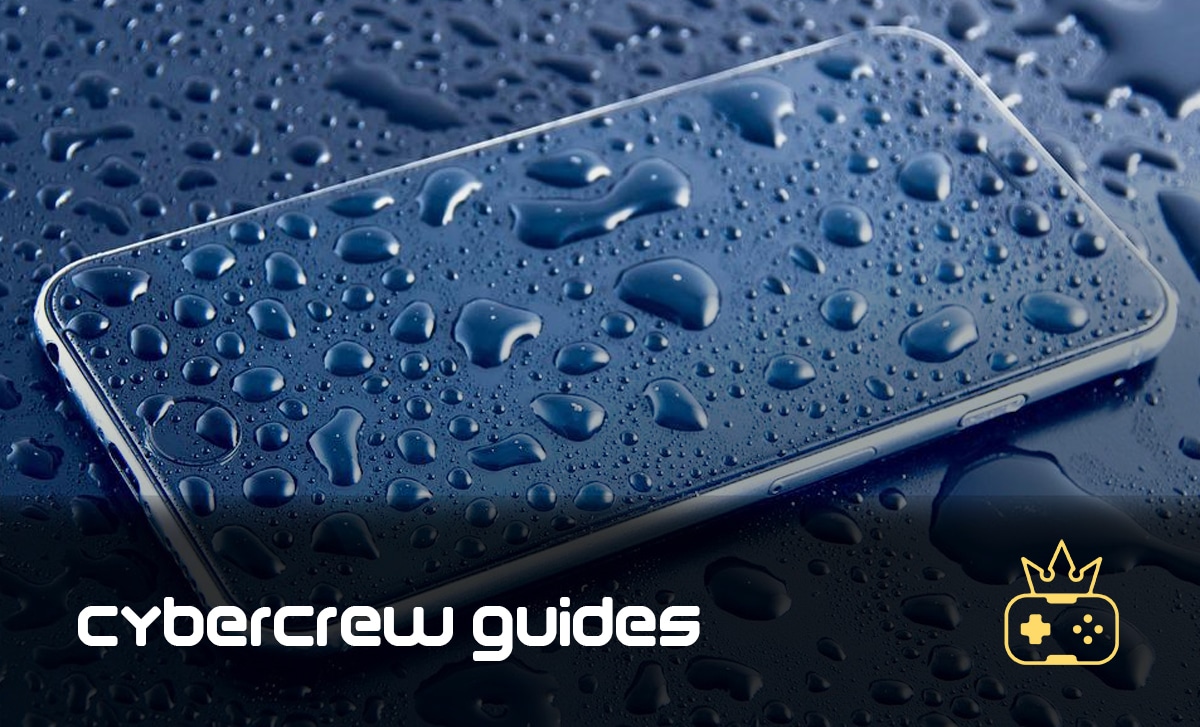How to Reduce Child Maintenance Payments in the UK
Last Updated: March 30, 2023
If you are a parent struggling to make ends meet, you may be wondering how to reduce your child maintenance payments. Fortunately, there are a few things that you can do to lower your monthly payments and still support your children without sacrificing too much in life.
In this article, you’ll learn all about child maintenance in the UK, including how you can go about reducing your payments. We’ll cover the following topics:
What Is Child Maintenance?
Child maintenance is the regular financial support that a non-resident parent pays to a resident parent for their child or children. The payments are made to help with the costs of raising a child, such as food, clothing, and housing. Essentially, the amount of child maintenance that a non-resident parent pays is based on their income and the number of children.
The standard child maintenance rate in the UK for paying or non-resident parents with one child is 12% of the gross weekly income. Similarly, you’ll pay 16% of your gross weekly income if you have two children. Lastly, those who have three or more children will be charged 19% of their gross weekly income.
What Is Child Maintenance Service (CMS)?
The Child Maintenance Service (CMS) is a government organisation established in 2012. It determines how much child support should be paid if both parents agree to use their services. It can also collect child support payments from one parent and distribute them to the other. Other responsibilities of the CMS are:
- Setting up, changing, or cancelling child maintenance payments
- Helping parents who are struggling to make their payments
- Investigating cases of non-payment
- Finding missing parents
The CMS and the courts are unlikely to become involved if you have established child maintenance through a private arrangement. However, If one parent doesn’t want to use CMS, the other parent can still ask them to help set up the payments.
Payment Methods and Fees
Non-resident parents have two options for how they want to pay child maintenance:
- Direct Pay — The non-resident parent pays the resident parent directly. These payments are legally enforceable, and both parties have to agree on these matters before adopting this method.
- Collect and Pay — The non-resident parent pays CMS, and then the agency transfers the money to the resident parent. Collect and Pay is the most common payment method, as it guarantees that the receiving parent will collect adequate funding.
Note that CMS charges a fee for Collect and Pay. The agency will deduct the fee from the child maintenance payments before sending money to the receiving parent. The current fee is 20% for paying parents, and the collection fee is 4% for receiving parents. As you can see, both parties involved have to pay CMS for relying on its services.
How to Calculate Child Maintenance
You don’t need to calculate child maintenance by yourself — the CMS can do it on your behalf. All you need to do is provide information about your:
- Income — CMS looks into how much you earn, the benefits you receive, and how often you get paid.
- Children — The paying parent must state how many children they are paying the child maintenance for.
- Financial support for other children — If the paying parent is already giving financial support to another child or children unrelated to the receiving parent, this will be taken into account when calculating how much they should pay for child maintenance.
- Overnight stays — The number of nights per week that the paying parent has their child overnight affects the total child support costs.
Ways to Reduce Child Maintenance Payments in the UK
Now that you know how child maintenance payments are calculated, it’s time to learn how you can reduce them. The options are limited, but they can undoubtedly improve your financial health. So, if you’re struggling to make payments, consider taking the following actions:
- Change your payment method — The easiest way to reduce child maintenance is to switch to paying via Direct Pay instead of the Collect and Pay system. This way, you’ll avoid paying the CMS fee of 20%.
- Review your income — If your income has changed since you last paid child maintenance, you can ask CMS to recalculate your payments.
- Get a reduction for supporting other children — If you’re paying child maintenance for more than one child, you may be able to get a reduction.
- Get a reduced rate for overnight stays — You may be eligible for a reduced rate if you have your child overnight at least four nights a week. So try spending more time with your children.
- Speak to the receiving parent — The last resort would be to speak to the parent who receives the child maintenance. They may be willing to agree to a lower payment amount, at least temporarily.
As you can see, there are several different ways to reduce your child maintenance payments in the UK. If you think you may be eligible for a reduction, we recommend contacting the CMS to discuss your options.
Exemptions From Paying Child Support
Paying parents who earn less than £7 a week are exempt from paying child support. Parents under the age of 16 and full-time students don’t have to set money aside for child maintenance either.
If the paying parent ends up in prison, the CMS recognises that they aren’t in a position to help the other parent with expenses. However, once the parent is released, they must submit regular payments.
When Does Child Maintenance Stop in the UK?
Child maintenance payments usually continue until the child turns 16 or 18 if they still live with a parent who receives child benefit for them. However, there are some circumstances in which payments may continue for longer. For example, if a child has a disability and can’t support themselves, payments may continue until they turn 20 or 25.
Additionally, a receiving parent who cares for homeschooled children and children in college or university can receive child maintenance until their child turns 20. However, only children who began learning from home before they turned 16 are eligible for this support.
What Happens If a Parent Doesn’t Pay Child Maintenance?
Avoiding paying child maintenance could result in a series of consequences. These include:
- Having money taken from your wages or benefits — CMS can instruct your employer to deduct a set amount from your wages or benefits if you don’t pay child maintenance.
- Having money taken from your bank account — CMS can also instruct your bank or building society to freeze your account and take the money you owe, plus interest.
- Losing your property or other assets — In some cases, CMS may seize your property and sell it to cover the money you owe. Remember that this rarely happens, as it’s usually only used as a last resort.
- Going to court — In severe cases, you could be taken to court and fined up to £2,500 plus the cost of any missed payments. You could also be sent to prison for up to six weeks.
Wrap Up
We hope this article has helped you understand how to reduce child maintenance payments in the UK. Reducing them may be the best option for you and your family, so try discussing these matters with your former partner to come to an agreement. If that doesn’t work, contact the CMS, and they will offer the best solution for your current situation.
FAQ
If you have joint custody of your child — meaning they spend approximately the same amount of time with each parent — you won’t have to pay child maintenance. As a general rule of thumb, if you have shared care for 52 nights or more per year, you will not have to make any payments.
Child maintenance, also known as child support, is money paid by the parent who does not normally live with the child to the parent responsible for the child’s day-to-day care.
Child maintenance payments help the receiving parent cover the costs of food, education, clothing and housing. The payments are typically made every month, and the amount will vary depending on how many children you have and your income.

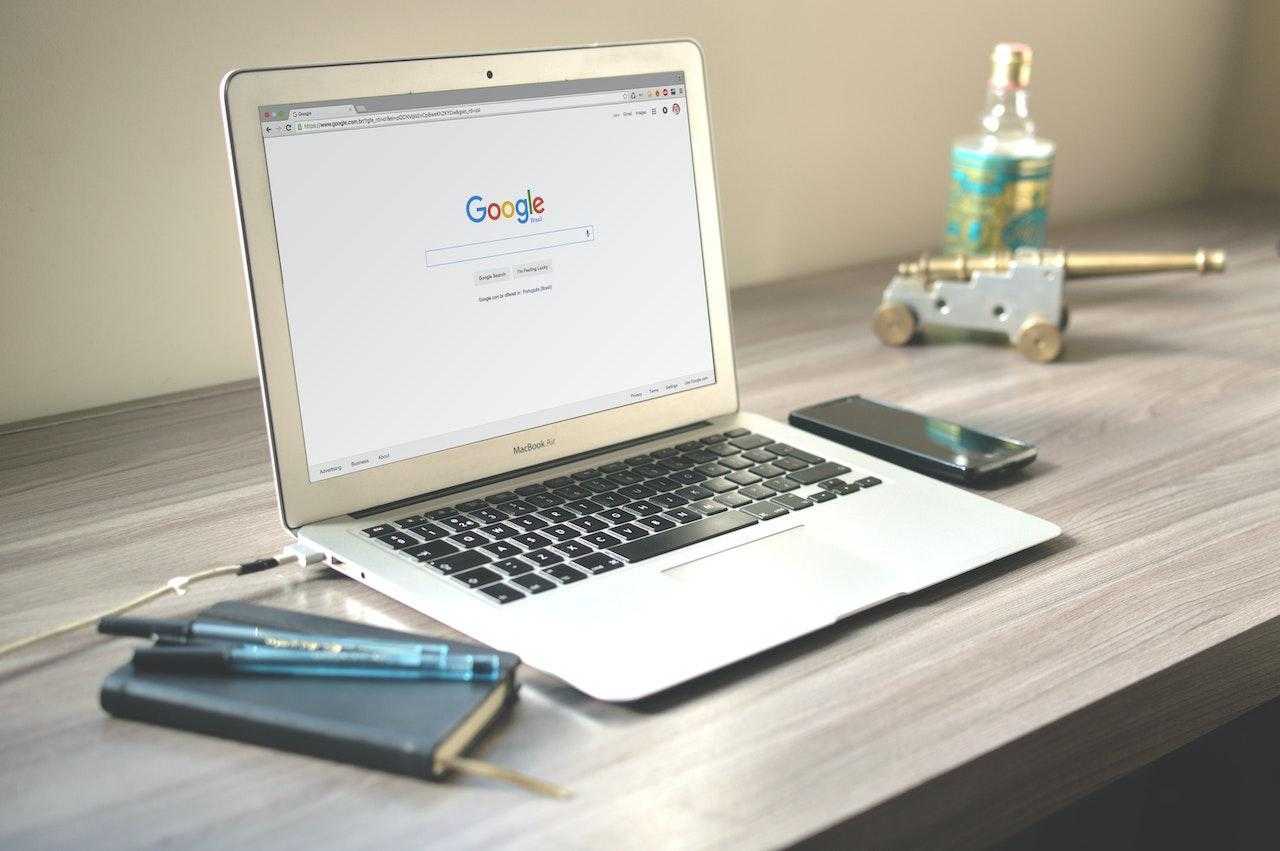
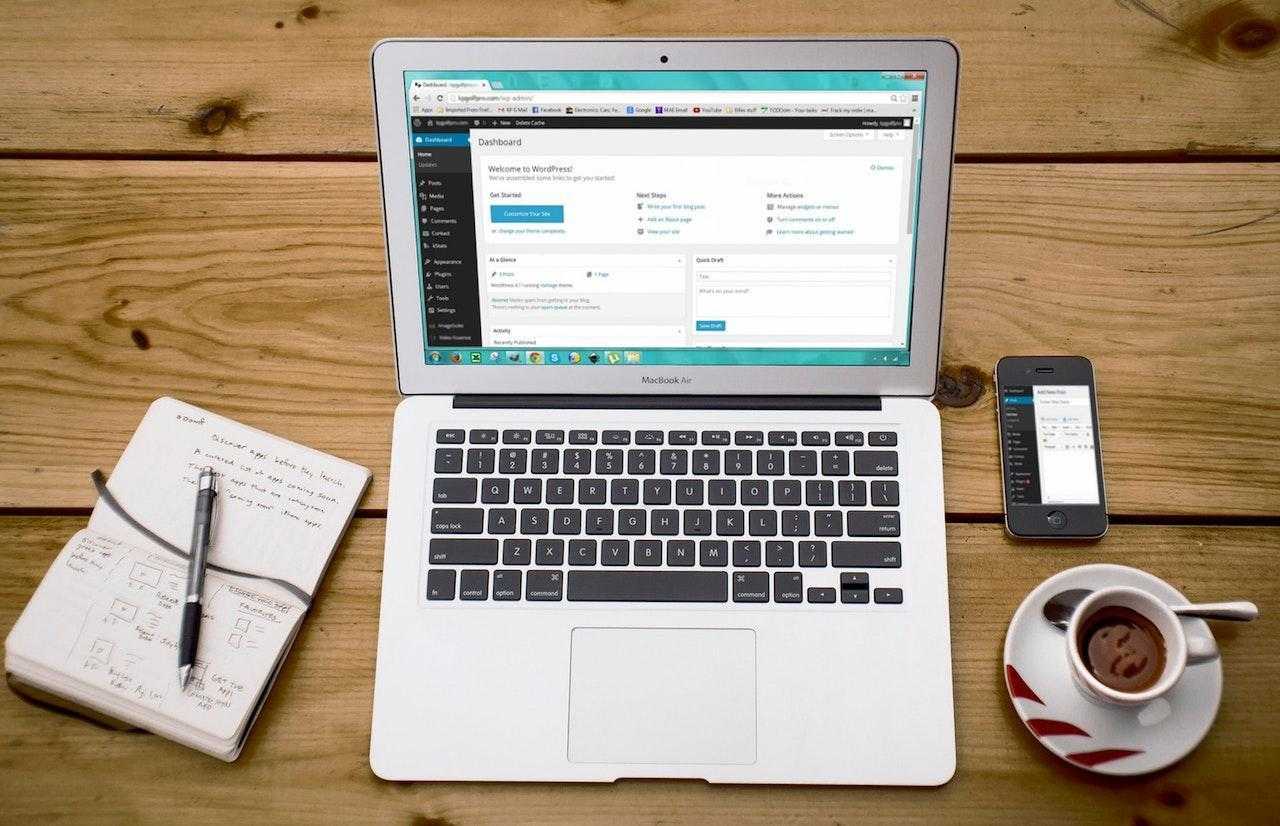
![How to Sell on Depop in the UK [2024 Guide]](https://cybercrew.uk/wp-content/uploads/2023/06/Selling-on-Depop-UK.png)
